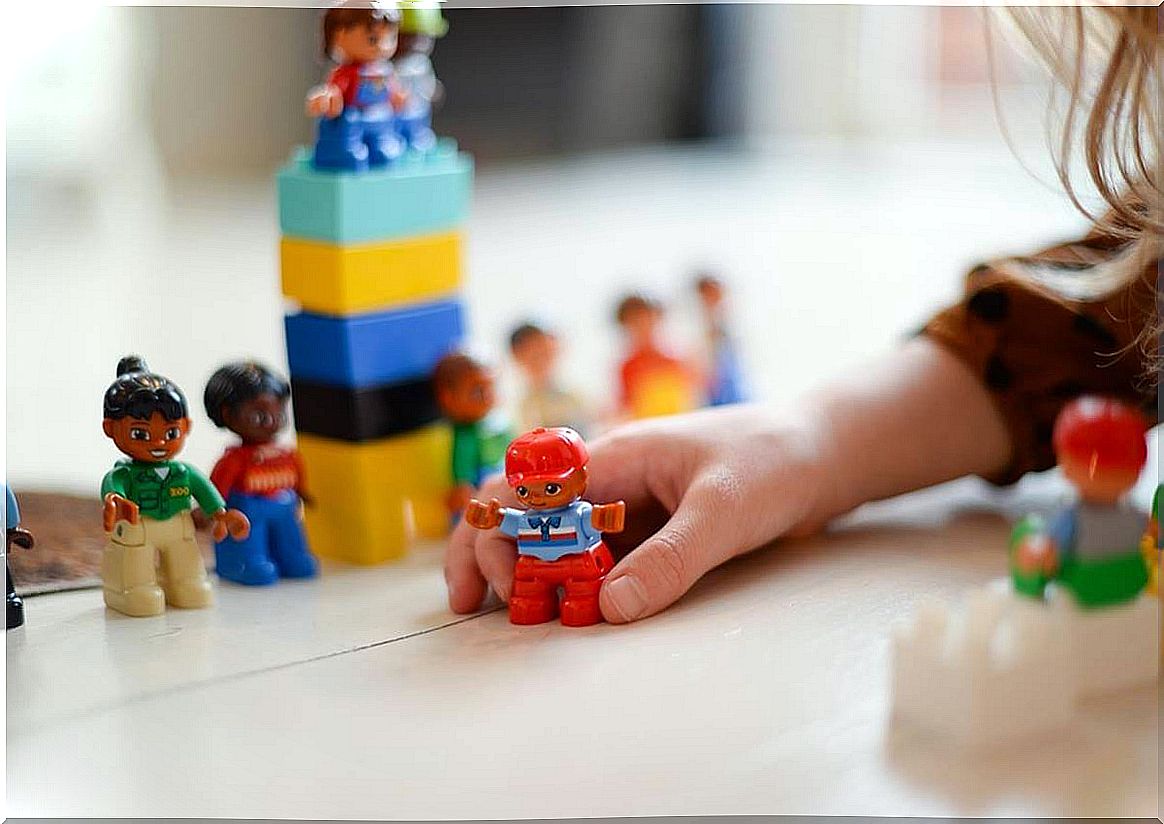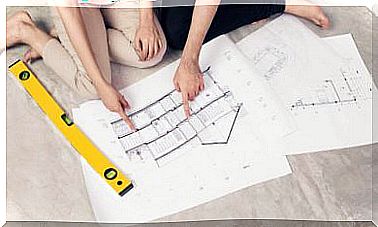What Is Recreational Therapy And When Is It Recommended?

Recreational therapy is a proposal that involves the psychological approach and other aspects through the involvement of patients in recreational activities. Its beginnings date back to the post-war period, when there was an attempt to contain and help those who had been involved in the battle.
Over time, the benefits of extending its application to other environments and with other types of patients have been demonstrated. Let’s see in detail what this is about.
What is recreational therapy?
Recreational therapy refers to a set of planned interventions that use recreation and leisure as tools to meet different therapeutic goals. It aims to meet the needs and improve the quality of life of people who have some type of disability, illness or incapacitating situation. However, it is also used to accompany the elderly in active and positive aging.
Currently, its application is more widespread. It is also used as a preventive way to prevent the loss of physical abilities, in cases of people who have suffered an injury or pediatric patients. It is also recommended for patients with stress and depression.
This therapy focuses on health promotion; therefore, it not only helps to promote the development of good habits, but it can also prevent the onset of illnesses.
The activities used cover a wide range of options, from painting, music and sports, to anything that might interest the patient. In other words, its fundamental pillars are leisure and recreation.
Recreational therapy works on the complexity of the case, seeking improvements in all areas: emotional, cognitive, physical. It can be indicated either as a group or individually.

When is this therapy recommended?
Recreational therapy is recommended for the treatment of all those who have some difficulty due to the presence of a disability or limiting illness. This can include the existence of an injury as well as support for active aging.
In this way, the objective is that the person not only connects with pleasant proposals, but can also remain integrated into the community. Many of the activities even offer a meeting space between the affected person and their family. In this way, members can create bonds in a new way.
Benefits and Objectives
Recreational therapy offers several mental health benefits, including the following:
- It allows people to connect with what they can do, with pleasure, with positivity, and not with the limitations or negative aspects of the disease or disability situation. This allows for greater adherence to treatment.
- It acts in its autonomy and, consequently, promotes the improvement of self-esteem.
- Patients also become more active and engaged in their improvement process.
- It allows for an integral approach to health, understanding it not only as physical or mental aspects, but also as both interacting with each other.
- As many of the activities are carried out in groups or with other people, it promotes greater integration with society and strengthens the sense of community.
Who is responsible for administering recreational therapy?
Recreational therapy is usually applied by a multidisciplinary team of health professionals, who outline the approach and elaborate the activities. They also monitor them. For example, the intervention may have been planned by a psychologist, but music therapists and physical education teachers may be involved.
In some countries there is the figure of the recreational therapist , who guides the planning and can count on the help of other professionals. For example, when designing an exercise routine for an elderly person, he has the collaboration of a physical education teacher.
In any case, it ‘s important to understand that it’s about much more than recreation. As it is a therapeutic process, it has clear and delimited objectives.
In addition to leisure, participation in the activity has a goal, such as the acquisition of certain social skills. That is why it is necessary to have the support of professionals.
Activities that can be performed
Recreational therapy allows for the combination of different activities. The key point is that they must be of interest to the patient. That’s why we try to get them to participate and include their motivations and desires in program planning.
Some activities include music, drama, physical and sporting activities, dancing, painting and drawing, arts and crafts. Cultural activities, such as visiting museums, are also included.

The patient ahead of technique in recreational therapy
Above any theoretical or therapeutic dogmatism, the most important thing will always be the patient and his well-being. That’s why you need to choose the approach that suits your condition, resources and particularities. When that doesn’t happen, it can cause frustration.
It is necessary to get to know the patient, explore how he feels, what his interests, fears and concerns are. In this way, these aspects can be worked out so that he feels comfortable.
Undoubtedly, all this can contribute to improve the mood of the people involved and those who are part of their surroundings. This is another beneficial tool available to health teams.









